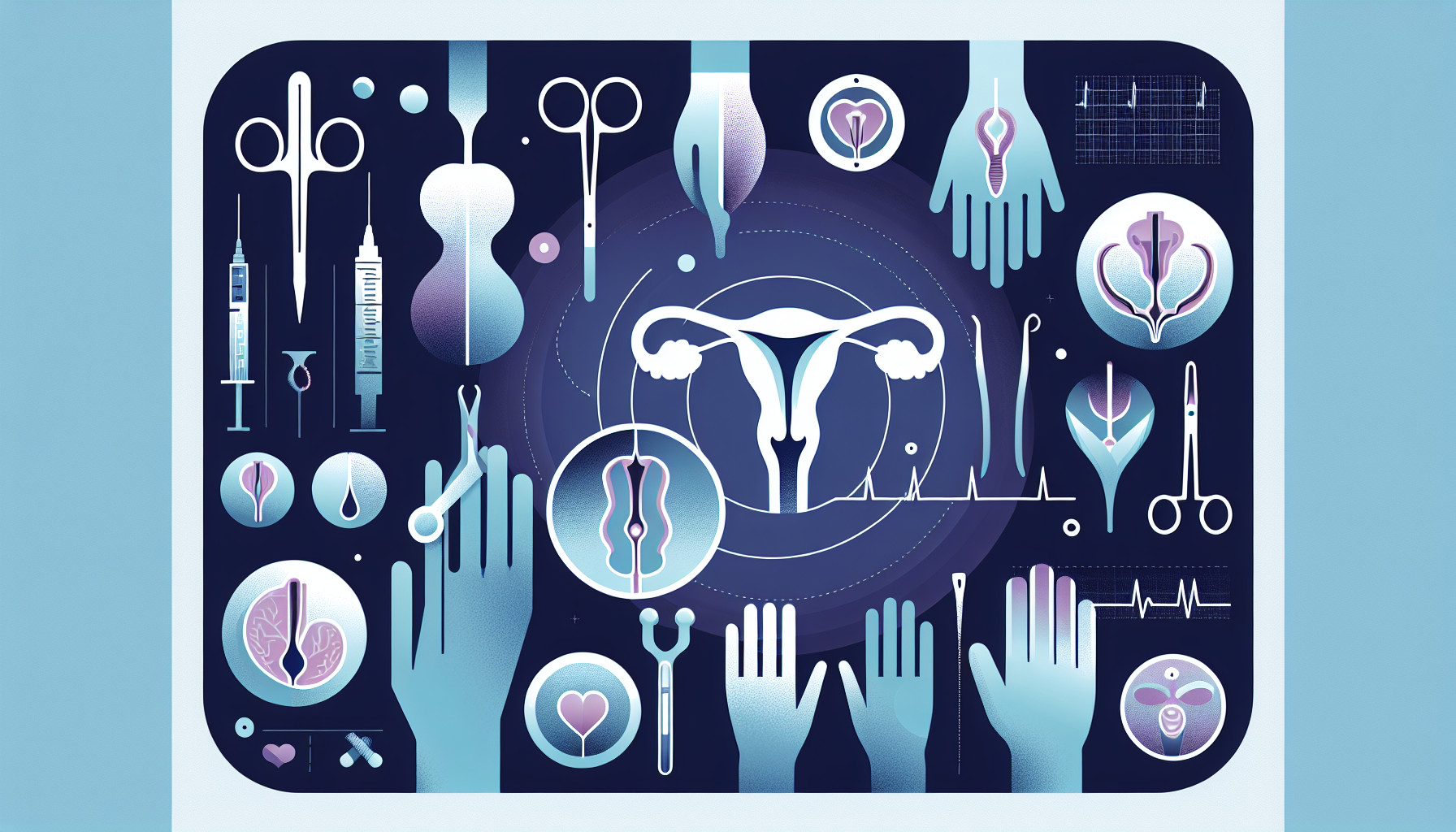Our Summary
This research paper reviews the safety and effectiveness of vaginoplasty, a type of gender affirmation surgery for transgender women. The study looked at data from 76 such surgeries performed by a single specialist between 2015 and 2019, and tried to find a ’threshold’ number of surgeries that a surgeon needs to perform to significantly reduce complications.
The key findings include:
- The overall rate of serious complications during surgery was low (2.6%), but minor issues were quite common.
- Complications within 30 days of the surgery occurred in 19% of cases, and complications between 30 days and 6 months after surgery occurred in 25% of cases.
- After a surgeon had performed 50 of these surgeries, the rate of complications fell significantly. This suggests that there is a learning curve for this procedure and that the more experienced the surgeon, the safer the surgery.
- The surgeries performed after the first 50 were also quicker, and the patients were less likely to need follow-up surgery to correct problems.
In simple terms, this study found that vaginoplasty surgeries are generally safe and effective, but the risk of complications is lower when the surgeon is more experienced.
FAQs
- What is the overall rate of serious complications during vaginoplasty surgery according to the study?
- How does a surgeon’s experience affect the safety and effectiveness of vaginoplasty surgeries?
- What percentage of complications occurred between 30 days and 6 months after surgery?
Doctor’s Tip
Therefore, it is important to choose a surgeon who has performed a significant number of these procedures to reduce the risk of complications. Additionally, following your surgeon’s post-operative care instructions closely can help promote successful healing and minimize the risk of complications. Don’t hesitate to ask your surgeon any questions you may have about the procedure or recovery process.
Suitable For
Vaginoplasty is typically recommended for transgender women who have undergone hormone therapy and have been living as women for a significant period of time. It is important for patients to have realistic expectations about the outcomes of the surgery and to have a thorough understanding of the risks and benefits involved.
Patients who are in good overall health, do not smoke, and have realistic expectations about the outcomes of the surgery are generally good candidates for vaginoplasty. It is also important for patients to have a strong support system in place to help them through the recovery process.
Ultimately, the decision to undergo vaginoplasty is a personal one that should be made in consultation with a qualified healthcare provider who has experience performing gender affirmation surgeries.
Timeline
Before vaginoplasty:
- Patient undergoes extensive consultation with a gender therapist and medical professionals to determine if surgery is the right choice for them.
- Patient may need to undergo hormone therapy and/or psychological evaluation to prepare for surgery.
- Patient will need to stop taking certain medications and make lifestyle changes to prepare for surgery.
- Patient will need to arrange for time off work and support during the recovery period.
After vaginoplasty:
- Patient will stay in the hospital for a few days after surgery for monitoring and pain management.
- Patient will need to follow strict post-operative care instructions, including cleaning the surgical site and taking prescribed medications.
- Patient will have follow-up appointments with the surgeon to monitor healing and address any complications.
- Patient will need to avoid sexual activity and strenuous exercise for a period of time to allow for proper healing.
- Patient will undergo regular check-ups to ensure long-term success of the surgery.
What to Ask Your Doctor
Some questions a patient should ask their doctor about vaginoplasty include:
- How many vaginoplasty surgeries have you performed?
- What are the potential risks and complications associated with vaginoplasty?
- What is the recovery process like after vaginoplasty?
- How long will it take to see the final results of the surgery?
- Will there be any scarring after the surgery?
- What are the long-term effects of vaginoplasty?
- What type of aftercare and follow-up appointments will be needed?
- What are the success rates of vaginoplasty in terms of achieving desired aesthetic and functional outcomes?
- Are there any specific factors that may increase the risk of complications for me personally?
- Can you provide before and after photos of previous patients who have undergone vaginoplasty with you?
Reference
Authors: Ferrando CA. Journal: Am J Obstet Gynecol. 2020 Aug;223(2):267.e1-267.e6. doi: 10.1016/j.ajog.2020.05.033. Epub 2020 May 21. PMID: 32446999
